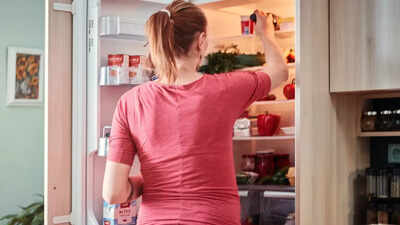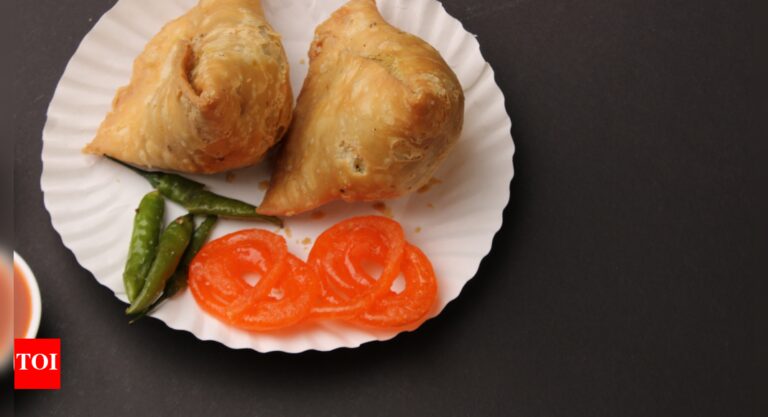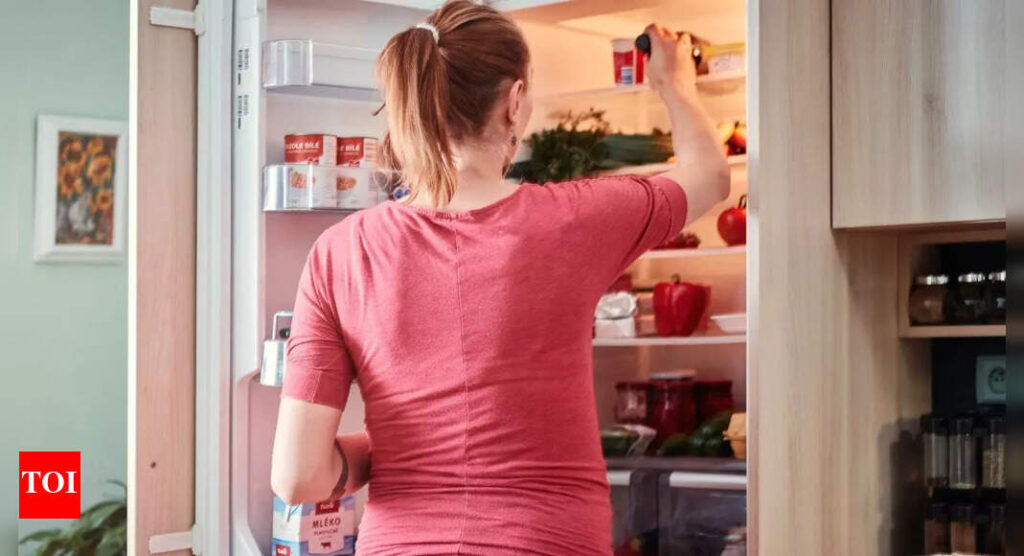
When it comes to leftovers, it’s essential to prioritise food safety to avoid foodborne illnesses. While many dishes can be safely stored and reheated, some leftovers pose a higher risk and should be handled with extra care, or avoided altogether. Factors like improper storage, reheating, or the nature of the food itself can push certain items into the “danger zone,” where harmful bacteria thrive. These risks increase with foods high in moisture, dairy, or protein. To protect your health, it’s important to know which leftovers may no longer be safe to eat.
Avoid storing these food items in the fridge
1. Cooked rice: Can contain Bacillus cereus, which can cause severe vomiting and diarrhea. Refrigerate cooked rice promptly and consume within three days.
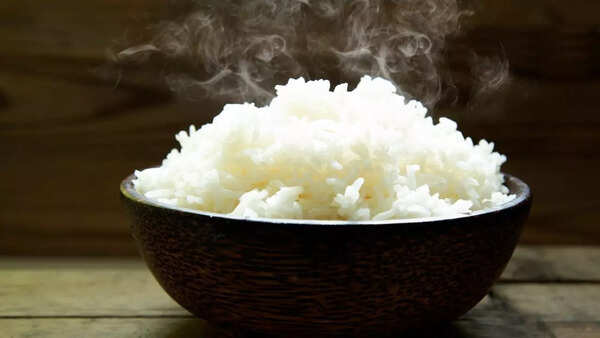
2. Egg-based dishes: Salmonella bacteria can survive initial cooking temperatures and multiply rapidly in egg-based dishes during storage

3. Reheated mushrooms: Certain mushroom proteins break down during storage and become harmful when reheated, potentially causing digestive distress and neurological symptoms.
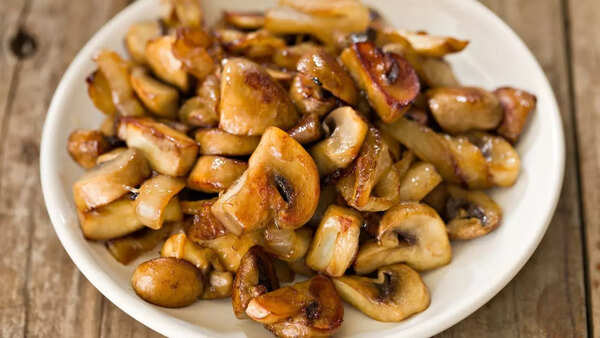
4. Potato salad: Mayonnaise-based salads can be a breeding ground for bacteria if not stored properly.

5. Cream-based soups and sauces: Can separate and become grainy when frozen or reheated.6. Mixed fruit salads: Different fruits release enzymes and acids at varying rates, creating an unstable environment that promotes harmful microorganism growth.
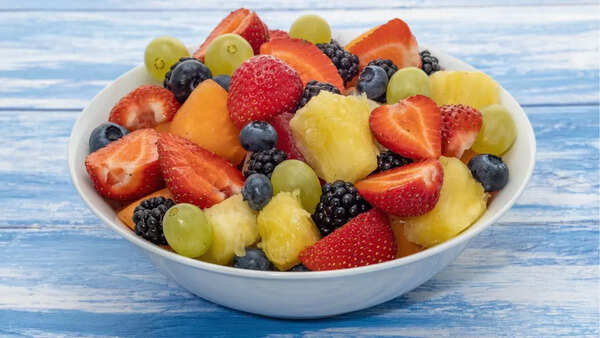
7. Cooked pasta with oil-based sauces: Oil prevents proper heat penetration during reheating, leaving cold spots where bacteria can survive and multiply.
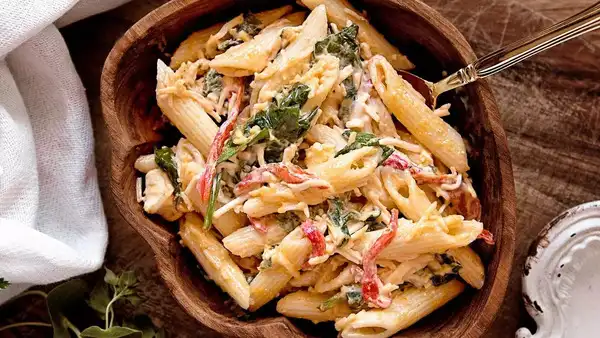
8. Leftover gravy and pan drippings: Meat-based gravies can be a rich environment for bacterial growth if not stored safely.
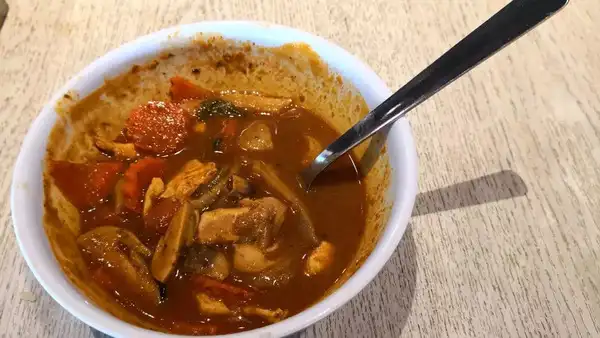
9. Bean and legume mixtures: Can be a good breeding ground for bacteria if not handled properly.10. Cooked garlic in oil preparations: Can be susceptible to Clostridium botulinum growth if not stored correctly.11. Mayonnaise-based sandwich spreads: Can separate when frozen, resulting in an unappetizing texture12. Stuffing and bread-based side dishes: Can harbor bacteria like Salmonella and E. coli due to the combination of bread, broth, vegetables, and sometimes raw eggs.13. Mixed seafood and dairy: Seafood proteins break down faster than other meats, and when mixed with dairy, the combination accelerates spoilage.

14. Leftover sushi and raw fish preparations: Raw fish can harbor bacteria like Salmonella and E. coli, making it crucial to handle and store them safely.

Also read | Stop! Never cook these 9 foods in your air fryer

